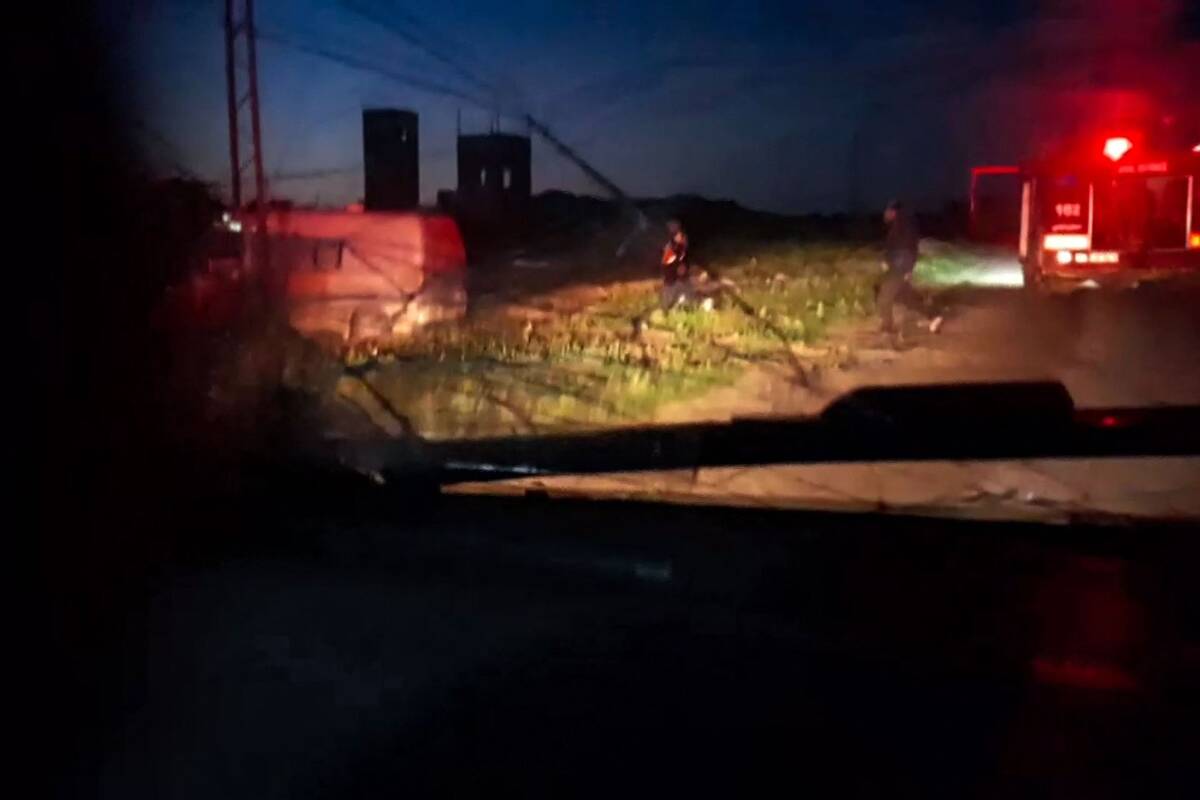CAIRO: Israeli forces battled Palestinian fighters in the southern Gaza city of Rafah on Sunday, and struck areas in the center of the coastal enclave where thousands of Palestinians displaced from their homes have been seeking shelter.
Residents in Rafah, near the border with Egypt, said fierce battles raged between Hamas-led fighters and Israeli forces, especially in the center and in western areas where tanks advanced in the previous two days.
The armed wings of the Islamic Jihad and Hamas militant groups said fighters confronted Israeli forces with anti-tank rockets and mortar bombs.
The Israeli military said its soldiers had killed a group of fighters who were moving toward them and destroyed ammunition, tunnel shafts, and infrastructure in Tel Al-Sultan, in the eastern part of the city.
A ceasefire effort led by Qatar and Egypt and backed by the US has so far failed because of disagreements between the combatants, who blame each other for the impasse.
Israeli strikes in the previous 24 hours killed at least 64 and wounded more than 100 others, the local Health Ministry said.
At least 22 were killed by strikes on Sunday, according to the Hamas-run Gaza government media office.
Israeli strikes in areas of central Gaza in the past week have been focused on the Al-Nuseirat camp, where dozens of people have been killed.
“We hear the sounds of explosions in Nuseirat, and we see the smoke rising from here in Deir Al-Balah, the last refuge you can say, and the feeling tanks are terrorizing us may roll here,” said Tamer Aburakan, a resident of Gaza City, now displaced in the central area of Deir Al-Balah.
“Where should we go next? The entire Gaza Strip is under fire, and we are being hunted like deer in a forest. When is enough? When the war will ever end?” he said via a chat app.
Tensions are high in the region, with concerns remaining over a possible spread of violence.
Israel said on Tuesday it had eliminated half the leadership of Hamas’ military wing and killed or captured about 14,000 fighters since the start of the war. Israel says 326 of its soldiers have been killed in Gaza.
Hamas does not release casualty figures and said Israel exaggerates its reports to give the impression of a “fake victory.”
























